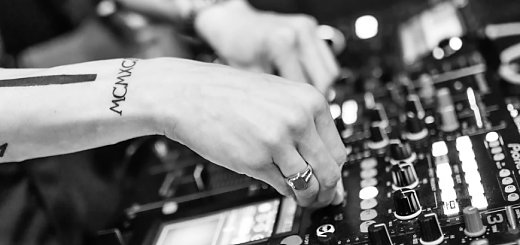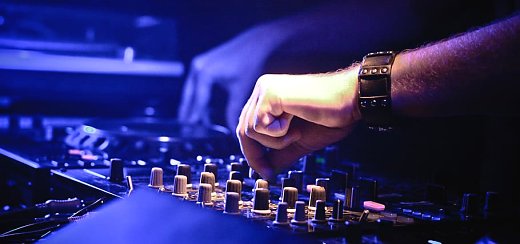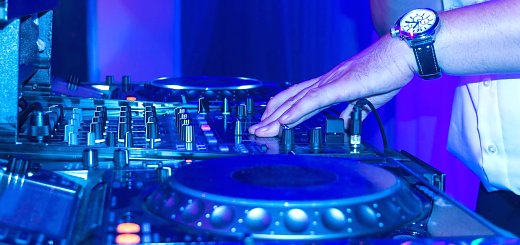DJing formally offered as an instrument with grade certifications at college

Education initiative FutureDJs first managed to get DJ decks recognised as an instrument for GCSE assessment. Last week they went a big step further - London College of Music Examiners published a syllabus that offers grade certifications on CDJs (decks for manipulating music from CDs or digital files). This puts them on a par with classical and jazz instruments, and provides detailed criteria for teachers assessing GCSE-level pupils who work with CDJs. Guardian reports on the big move forward.



